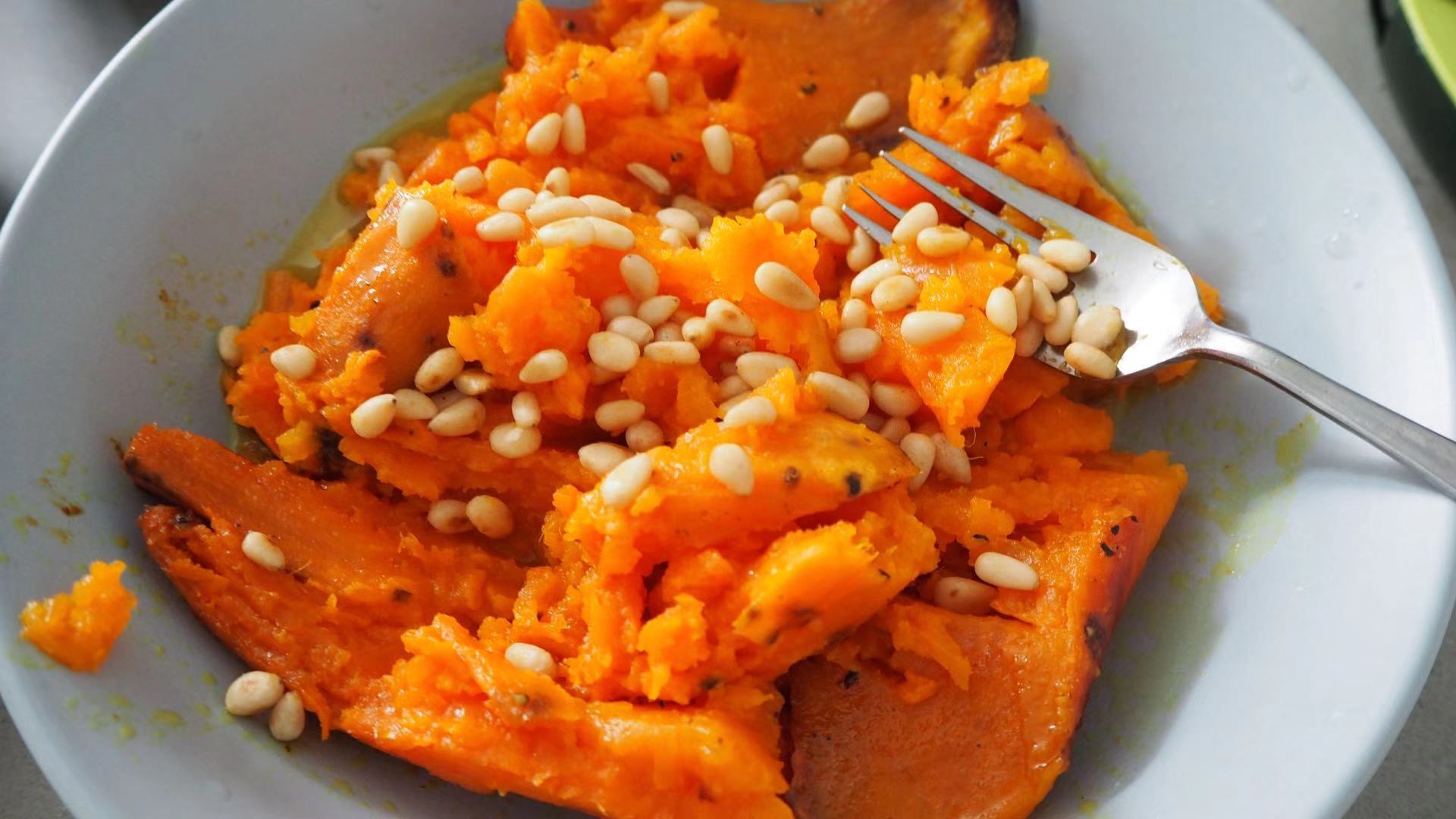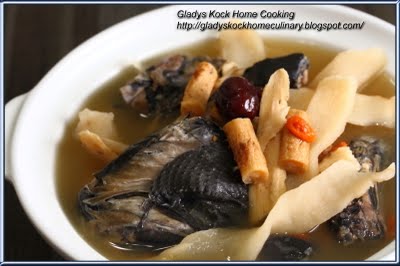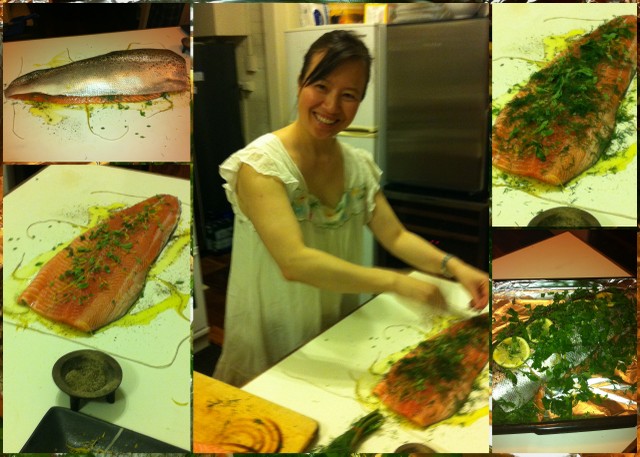We’re driving around the Cook Inlet, just days after my arrival in Anchorage. As we round a bend in the road, my friend Cassandra points to the mud flats just coming into view.
“See those mud flats out there? Never walk on them. They’re quicksand! A few years ago, a guy walked out there and started to sink. They tried to rescue him with a helicopter… tore him in half. There are a hundred ways to die in Alaska!”
Stunned by this revelation and the situation into which I’d unwittingly flown on the premise of a working holiday, I was too timid at the time to ask what the other 99 ways might be. With the whole summer ahead of me, I knew I’d have plenty of time to explore what Alaska had to offer… and to take. (I have since discovered that this story is urban legend and not true, but there are cases of folks getting stuck in the flats and drowning as the tide comes in. Luckily, as the reader can see, I made it back to Australia fully intact.)
. . . . .
Alaskans live in an environment and climate rivaled (I believe) by few other places on earth. The mountains, the fierce storms, the wildlife just off (or on!) the path, and the sheer degree of isolation combine to attract and create some of the boldest, most fearless people I know. Hardy and hot-natured, these folks wade into the ocean every July to pull out salmon for the year, hunt for moose and caribou, hike multiple kilometers straight up the mountainside to forage for berries in the tundra, and back country ski in the long, dark winter. Cassandra’s partner is part of the Nordic Ski Patrol up in the Anchorage area and literally rescues people who have had the misfortune of being caught up in an avalanche. One of their friends managed to call from her cell phone after one such event, asking for help and alerting to her location. She was not buried very deeply. Others are less fortunate.
One of the biggest things I learned during my 2.5 months in Alaska was to know my environment and prepare for all possibilities. A summer night could suddenly drop to freezing temperatures and snow. Camping trips had to include rain gear, cold gear and quick dry clothing. Getting wet while outside, I discovered, is a perfect recipe for hypothermia in any season. Cotton=death up there. Remote hiking adventures always included the threat of meeting a bear or moose on the trail. We saw evidence of bears close by on almost every hike, but never met one in part due to (my) diligence at keeping up the necessary din to inform them of our presence. Backcountry hikes without a GPS could easily mean getting lost and stuck somewhere undesirable overnight.
But the even bigger lesson that I learned was the one about my own capabilities. I began the summer terrified of being in the wild, and I left having braved numerous mountain hikes, remote sea kayaking, and camping outside of cell phone range. I found that my strength and agility in hiking increased greatly over my time there, as did my knowledge of the native plants and berries in the area. I developed a keen love of fresh caught salmon and learned how to cure my own meats and fish. The abundance of wild food present during the 2-3 months of Alaskan summer is in marked contrast to the lack of food in winter (unless you’re hunting or trapping) and by hanging out with my Alaskan friends, I learned the arts of canning, smoking, dehydrating, fermenting, and cold storage…food preservation techniques that our ancestors all knew but have become mostly a novelty in the age of the supermarket. I learned new ways of not only surviving, but of living–big and free.
And so, yes, there are (at least) 100 ways to die in Alaska, but for this time around, I managed to thwart every one… and emerge stronger in the process.
And “What does this have to do with acupuncture?” you might ask… Well, in my opinion, living life in a way that encourages you to move through physical, mental, emotional and even spirit level blocks IS the essence of what acupuncture is about. All I do with my needles is remind the body of the natural flow of life. Our symptoms arise because we forget how to do this for ourselves. This summer I pushed myself to new heights, and I have become brighter and healthier for it.
Live big.
Cheers,
Andrea Claypoole



